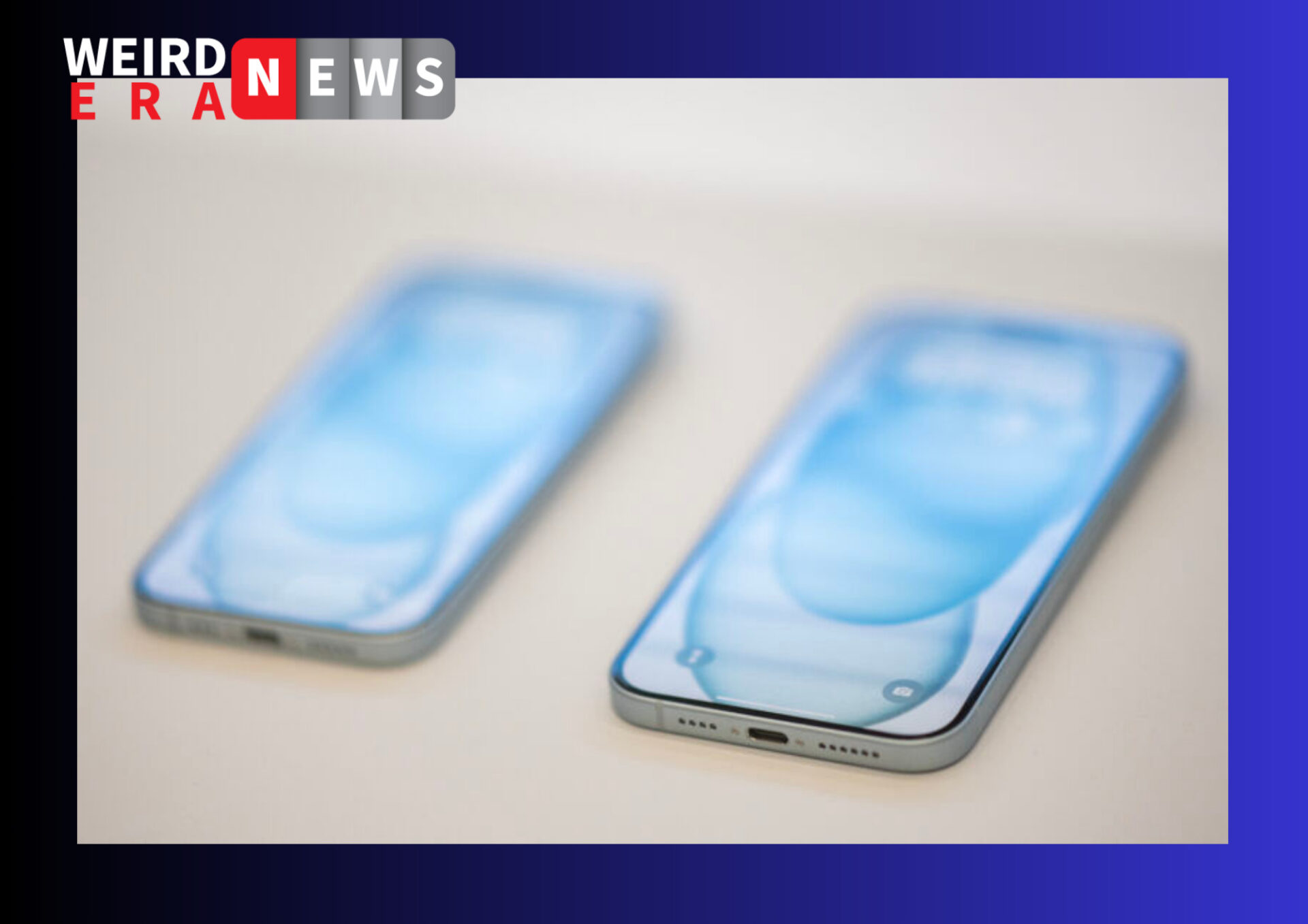Apple has revised its policy regarding web apps on iPhones and iPads in Europe, announcing that users will still be able to place them on their home screens after the rollout of iOS 17.4. However, there’s a catch—they must now be “built directly on WebKit and its security architecture,” rather than being accessible through alternative browsers, as was previously the case before new legislation came into play.
Read More: Groq, an AI Chip Startup, Establishes New Division and Acquires Definitive Intelligence
The shift follows pressure from the European Union’s Digital Markets Act (DMA), which mandated Apple to open up its mobile devices to alternative browser engines. Initially, Apple had planned to remove the ability to install home screen web apps altogether, citing concerns over the security and privacy implications of non-native web apps. These apps would have simply redirected users back to their default web browser.
However, this decision sparked inquiries from European Commission officials and prompted a survey by the Open Web Advocacy group. As a result, Apple has updated its stance, acknowledging the demand to continue offering web app capabilities. Under the updated policy, Apple emphasizes the importance of addressing security and privacy concerns while committing to maintain the existing Home Screen feature in the EU.
The journey to this point has been complex, with Apple historically offering web apps as a means to provide enhanced functionality akin to native applications. Despite initial enthusiasm for web apps from Apple’s leadership, the company eventually shifted focus to native third-party applications with the introduction of the iPhone SDK.
In light of its obligations under the DMA, Apple must also permit sideloading for EU customers, allowing the installation of iOS apps from sources other than its official App Store. However, concerns have been raised by developers regarding Apple’s implementation of App Store rules, including the imposition of a “Core Technology Fee” for apps downloaded beyond a certain threshold.
In response to criticism, Apple maintains that its approach to DMA compliance aims to uphold the law while mitigating risks for EU users. The company has engaged in extensive dialogue with the European Commission and introduced numerous APIs and developer tools in response to regulatory requirements. Nevertheless, Apple acknowledges that the DMA introduces new challenges and risks to user privacy and security, prompting its decision to limit certain changes to the European Union.
Ultimately, Apple affirms its commitment to prioritizing user privacy and security, even as it navigates the evolving regulatory landscape in the EU.

